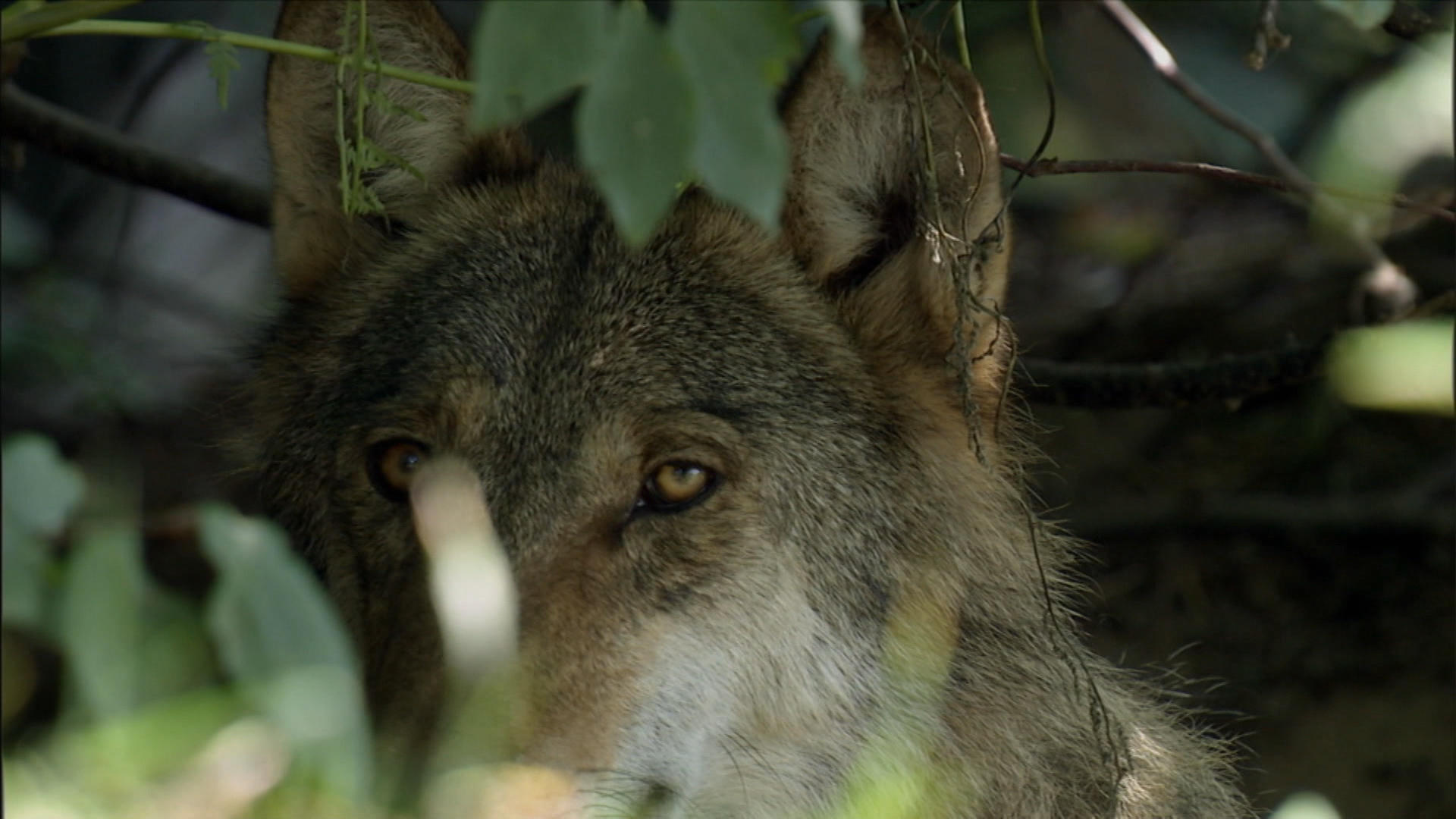
Uri votes for more power to control bears and wolves

Nearly 70% of voters in the central Swiss canton of Uri have approved an initiative that expands its powers for regulating bear and wolf populations. But for now, the move is largely symbolic.
Sunday’s decision gives the canton the constitutional power to protect against and manage populations of large predatory animals. However, the new law is primarily meant to send a signal to national lawmakers and is not expected to change practices for the time being. Many of the initiative’s demands are already met by Swiss legislation, and cantons currently have little room for legal maneuvering when it comes to managing large animal predator populations.
Proponents of the initiative, which was launched by the local farmers’ association, say the vote was meant to send a signal to Bern over looming federal hunting legislation.
+ Read more about Uri’s predator policies
The management of animals such as wolves, bears and lynx is hotly debated in Switzerland, with many farmers in areas with animal predator populations arguing that they should be allowed to kill animals that threaten their livestock. However, environmental activists and existing international agreements argue for the protection of predator species that have only recently made a comeback in the Alpine country.
In Uri, two wolves have so far been legalised for shooting after they threatened flocks of sheep. In 2015, the hunt was unsuccessful, while the second sought-after animal was shot in 2016.

More
Big, yes, but bad? Carnivore divides Swiss opinion

In compliance with the JTI standards
More: SWI swissinfo.ch certified by the Journalism Trust Initiative






























You can find an overview of ongoing debates with our journalists here . Please join us!
If you want to start a conversation about a topic raised in this article or want to report factual errors, email us at english@swissinfo.ch.